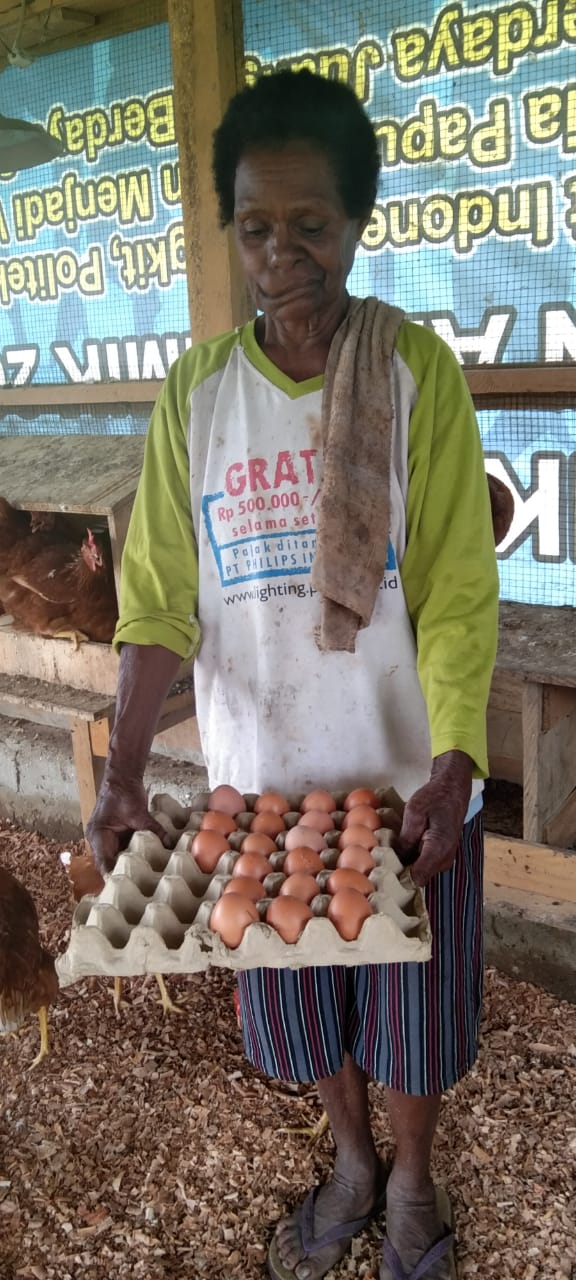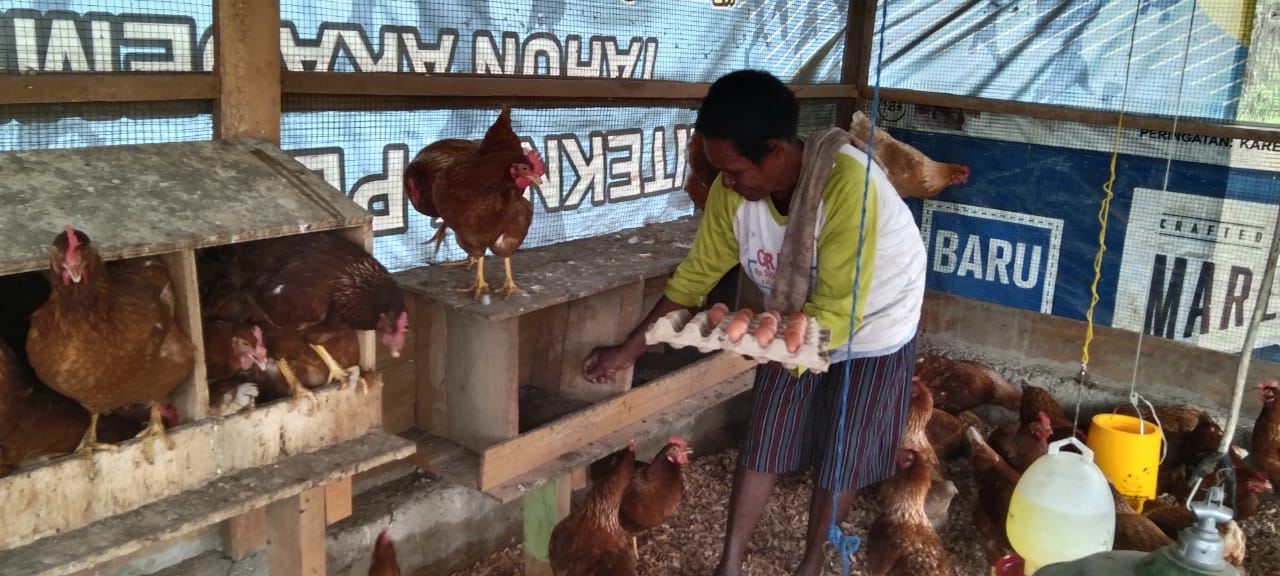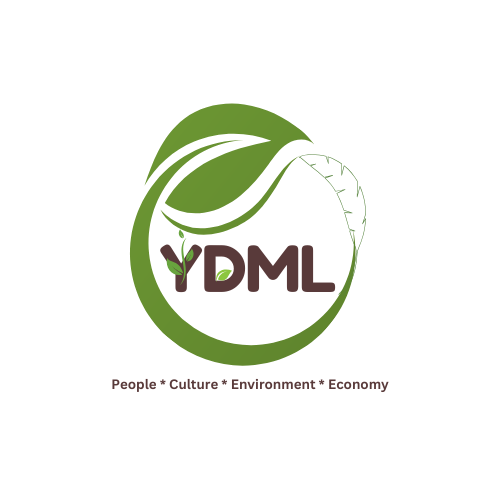

Merauke is located in the easternmost region of Indonesia and shares a border with Papua New Guinea. Like other regions in Papua, the regency is abundant in natural resources, especially fisheries and forest products. However, amidst this wealth, the stunting rate in Merauke is relatively high, at 23 percent, above the national average. Cases of stunting and malnutrition are often encountered in villages, particularly in the Marind Dek region.
Upon observing this situation, the Protestant Church in Indonesia (GPI) collaborated with the EcoNusa Foundation to train the Kaptel Village community, focusing on layer hen farming. This program assists the community and the government in addressing stunting and malnutrition. It was chosen as a collective initiative due to the absence of existing businesses in egg-laying or poultry farming in the Capital District and the neighboring Okaba District.
Initially, the community purchased chicken eggs in Merauke City, priced at Rp5,000 per egg or around Rp70,000 per kilogram. By raising layer hens, the community in Kaptel Village and surrounding areas could access protein from eggs at a more affordable price.
The layer hen farming training activities commenced in late August 2023. We conducted the training in Kaptel Village with the participation of fifteen individuals, who later formed a group named Muara Bian Layer Hen Farming. During the training, they learned about the entire farming process, including building coops, raising chickens, providing feed, cleaning and vaccinating, and managing stressed chickens. Following the training, Muara Bian Layer Hen Farming Group members diligently cared for the raised chickens.
Layer hens typically commence laying eggs at around 22 weeks of age, with egg production steadily increasing and reaching its peak at approximately 32 to 36 weeks of age. As anticipated, in December 2023, the raised chickens began laying eggs. The group members were delighted, especially as the yield kept growing daily, starting from 20 eggs per day and eventually reaching a peak of 80–100 eggs per day from 100 chickens.
By January 2024, the group had harvested over 200 eggs. In a meeting, the members unanimously decided not to sell these eggs but to consume them within the group. They were delighted, especially considering the previous difficulty of obtaining chicken eggs in Kaptel Village.
After the second week of January 2024, we started selling or marketing the eggs within the village. District employees from Kaptel and the health center began placing regular orders with us. Group members also began selling in neighboring villages around Kaptel Village. We also collaborated with the South Papua Provincial Government to market the harvested eggs to the Kaptel Health Center as part of a nutrition improvement program for children and pregnant women.
I had a conversation with Mama Yakoba Balagaize, one of the layer hen farming group members. She said that the community no longer struggles to consume eggs with this layer hen farming program. Mama Yakoba hoped that GPI Papua and EcoNusa would consider increasing the number of chickens, as many other community members are eager to participate, and we have seen positive results.
Following the success of layer hens, the community is interested in pursuing broiler chicken farming and forming an organic vegetable group. In line with this, GPI Papua plans that once the layer hen and broiler chicken programs are established, we will utilize residents’ yards to cultivate vegetables and other medicinal plants.
